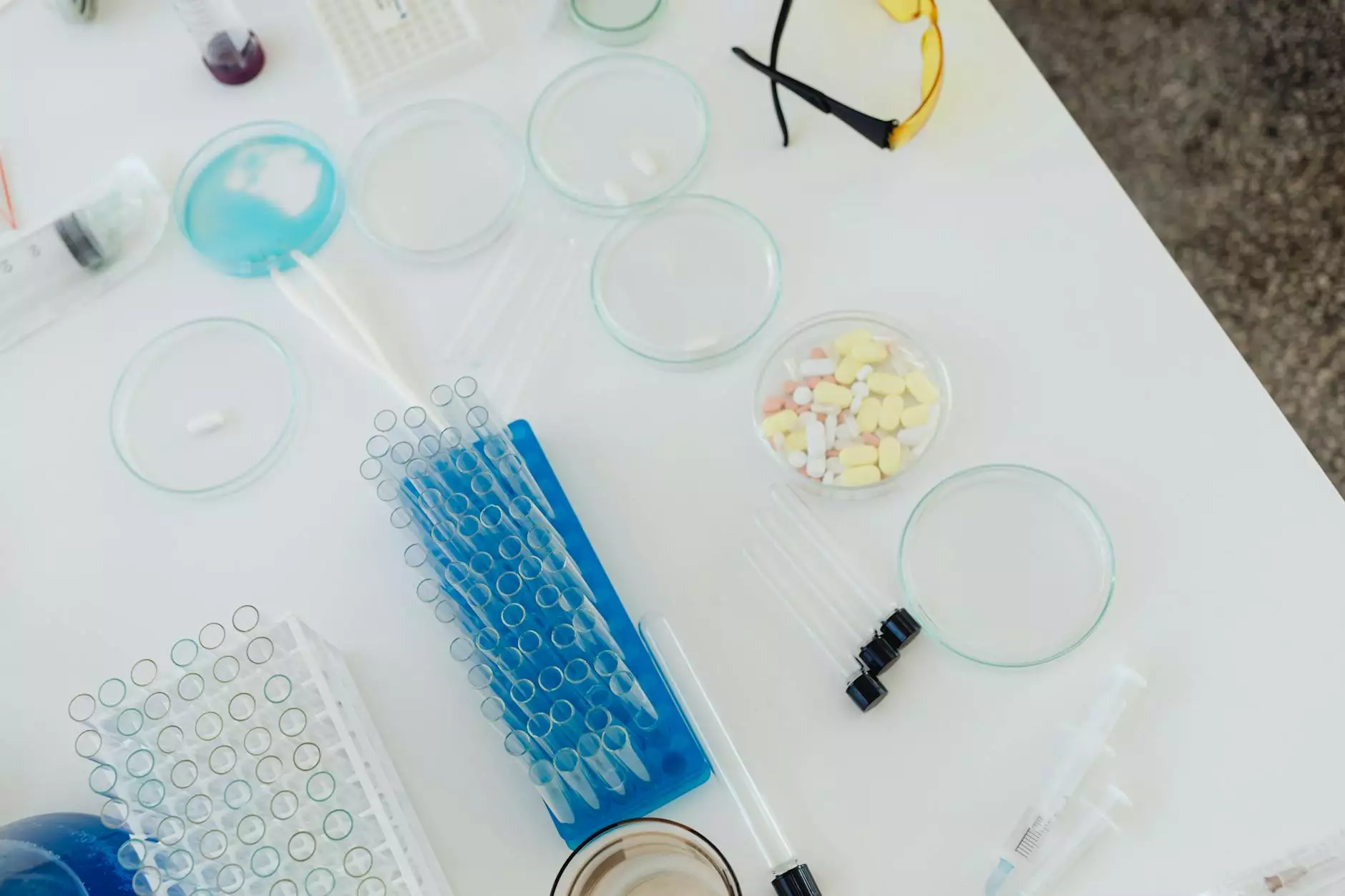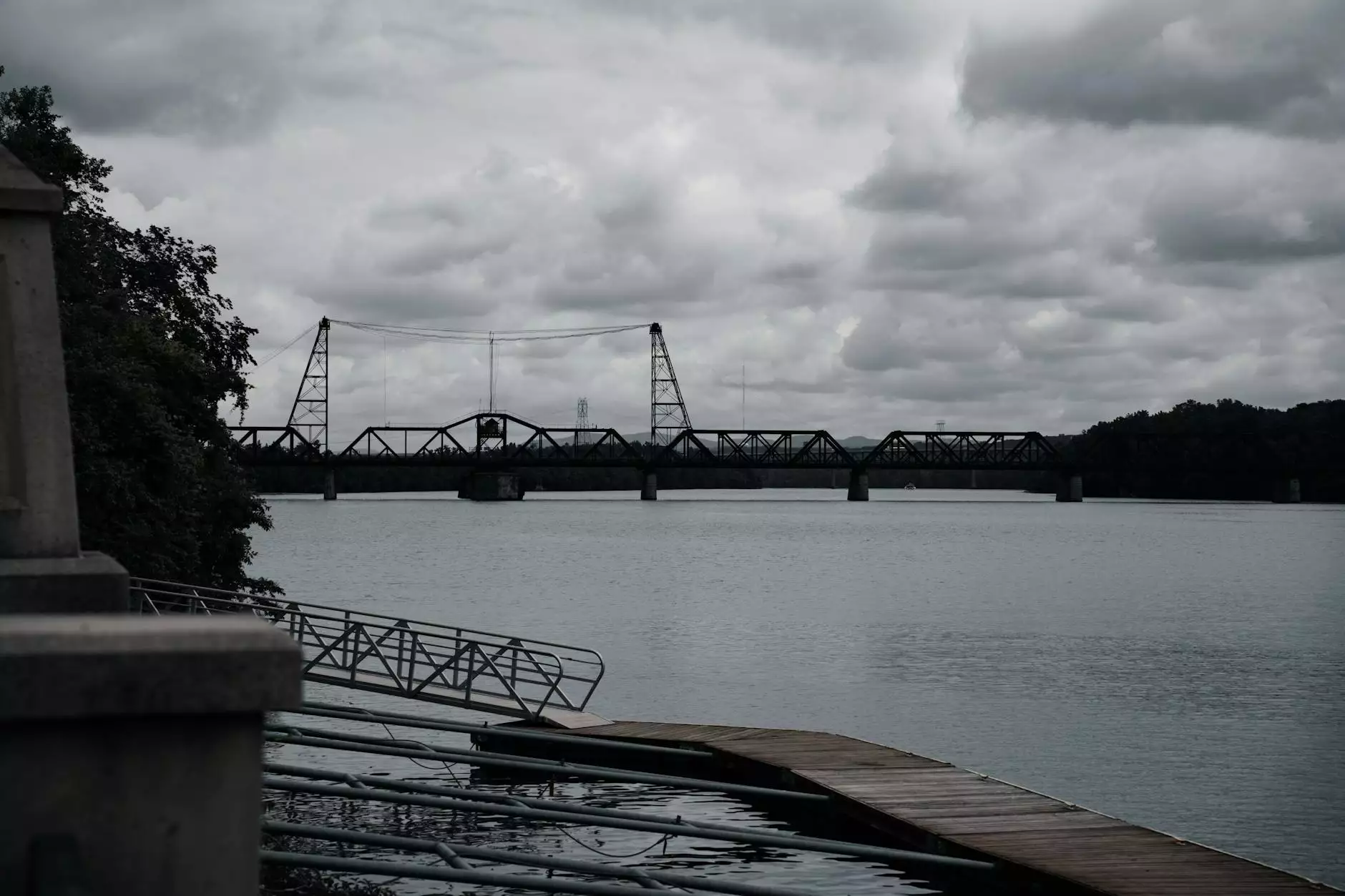Rent a Laboratory: Unlocking Opportunities in Health and Medical Research

In today's fast-evolving health and medical landscape, the need for specialized facilities and resources has never been more prevalent. The concept of renting a laboratory is revolutionizing how researchers, companies, and independent professionals approach their work. Whether you're a budding entrepreneur, an established business in the alternative medicine field, or involved in laboratory testing, having access to a state-of-the-art laboratory can significantly impact the success of your projects. In this comprehensive article, we will delve into the benefits of renting laboratory space, factors to consider, and how it can enhance your research outcomes.
Understanding the Laboratory Rental Landscape
Renting a laboratory is becoming a viable solution for many businesses in the health and medical sectors. With the rise of innovation and the need for flexible work environments, it’s essential to understand what this entails:
- Flexibility: Short-term and long-term rental options to suit your project’s timeline.
- Cost-Effectiveness: Save on expenses related to maintaining and outfitting a full laboratory.
- Access to Cutting-Edge Equipment: Utilize advanced tools without the hefty investment.
- Networking Opportunities: Collaborate and connect with fellow researchers and businesses in a shared environment.
Why Rent a Laboratory? Key Advantages
Choosing to rent a laboratory can provide numerous advantages, enhancing not only research capabilities but also business growth. Below, we delve deeper into the compelling reasons why this option is appealing:
1. Cost Savings and Financial Benefits
Building and running a laboratory can be exorbitantly expensive. Costs can include:
- Real estate expenses for purchasing or leasing a space
- Equipment costs like centrifuges, spectrophotometers, and safety equipment
- Operational costs for utilities, maintenance, and staffing
By opting to rent a laboratory, you can dramatically reduce overhead costs. Most rental laboratories come fully equipped and operational, allowing you to focus your budget on research rather than infrastructure.
2. Access to Advanced Equipment and Technology
Many research projects require specialized equipment that may not be feasible for small businesses or startups to acquire. Rental laboratories often provide:
- State-of-the-art technology for precise and effective analysis
- Regular maintenance and calibration of equipment
- Up-to-date resources, ensuring compliance with industry standards
This availability enables researchers to conduct high-quality work without the financial burden of owning expensive devices.
3. Improved Focus and Efficiency
Setting up and maintaining a laboratory can be distracting and time-consuming. Renting allows for:
- Ready-to-use facilities, which means you can start your research immediately
- Access to expert staff, such as lab technicians, when needed
- Less administrative overhead, enabling your team to focus on research goals
This structure promotes productivity and faster results in research projects.
4. Collaboration and Networking Opportunities
Sharing a laboratory space often leads to enhanced collaboration. Here’s how:
- Networking with other professionals in your field can lead to partnerships and collaborations
- Sharing knowledge and expertise with others can result in innovation and discovery
- Accessing interdisciplinary resources, which can provide different perspectives on training and research
A renting arrangement can foster a community of like-minded individuals, which can be invaluable for professional growth.
Factors to Consider When Renting a Laboratory
While renting a laboratory comes with many advantages, potential renters should consider several factors to ensure they choose the right facility:
1. Location
The location of the laboratory is critical. Proximity to research institutions, hospitals, or academic facilities can:
- Facilitate collaborations
- Enhance supply chain logistics
- Boost access to a skilled workforce
2. Compliance and Regulatory Standards
Make sure the laboratory complies with all local, state, and federal regulations. Check for:
- Accreditations that the laboratory holds
- Safety protocols in place
- Inspections and reports of previous evaluations
3. Infrastructure and Amenities
Assess the amenities provided, which could include:
- Office spaces for administrative work
- Conference rooms for meetings and presentations
- Break areas and facilities for employees
An environment conducive to productivity will significantly impact research success.
4. Terms of the Lease
It’s crucial to have a clear understanding of the lease terms, which should cover:
- Duration of rental
- Costs involved, including utilities and maintenance fees
- Liability and insurance responsibilities
- Conditions for renewal or termination
Clear contracts protect all parties involved and assure proper use of the space.
How to Get Started: The Process of Renting a Laboratory
Embarking on the journey to rent a laboratory involves a few key steps:
1. Assess Your Needs
Determine the specific requirements of your research or testing projects. Questions to consider include:
- What type of work will you conduct?
- What equipment and space do you need?
- How long will you require the lab space?
2. Research Available Laboratory Spaces
Look for laboratory spaces that cater to your specific needs. Consider using platforms focused on laboratory leasing or contacting local universities and research facilities. Evaluate options based on:
- Cost and budget
- Equipment available
- Location and access
3. Schedule Visits
Before making any commitments, visit the laboratories you are interested in renting. During your visit:
- Inspect the condition of the equipment
- Evaluate the safety and compliance measures in place
- Meet potential lab staff or coordinators
4. Negotiate the Terms
Once you find the right lab, negotiate the terms of your lease to ensure mutual benefit. Consider engaging a legal professional to review contracts to protect your interests.
5. Move In and Start Researching
After finalizing everything, you can move into your rented laboratory and start your research. Ensure to follow any orientation or setup ensured by the laboratory management.
Conclusion: Embracing the Future of Research by Renting a Laboratory
The demand for innovative solutions in health and medical research is increasing, and being able to rent a laboratory offers a unique opportunity to meet this demand head-on. From cost savings and access to advanced equipment to the potential for collaboration, the benefits are clear.
By carefully assessing your needs, researching options, and understanding the rental landscape, you can position yourself or your business for success. As this industry continues to grow and evolve, embracing the flexibility of rented laboratory space may very well be the key to unlocking groundbreaking research and development opportunities.
Now is the time to take the plunge and explore the possibilities. Rent a laboratory and elevate your work in the fields of health and medical research to new heights.









